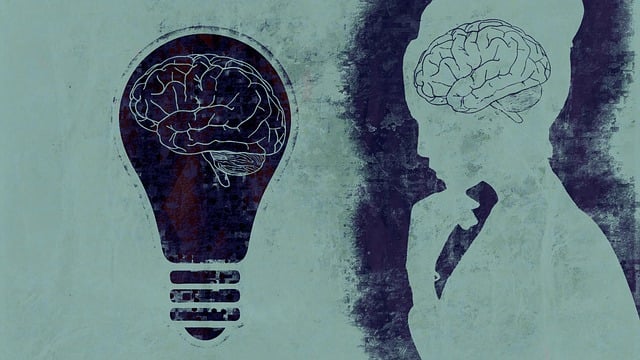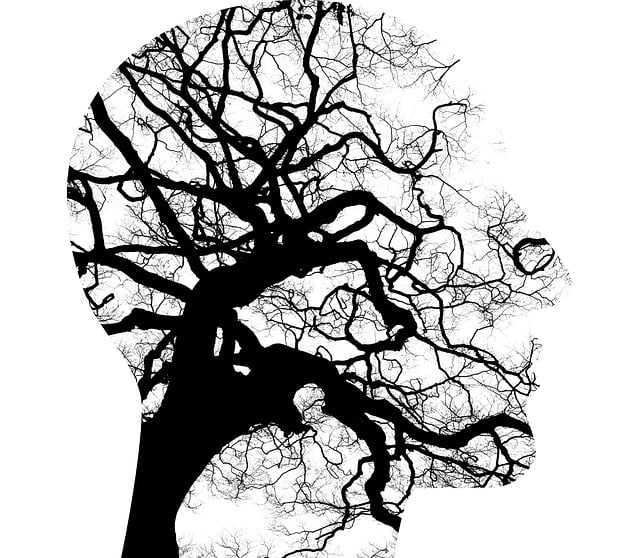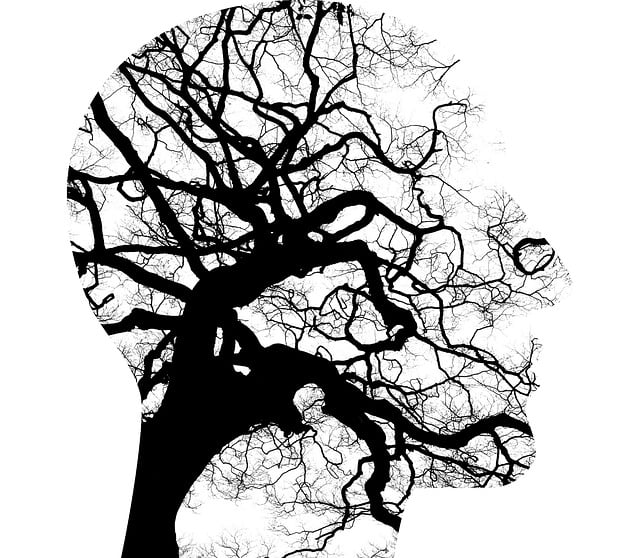Louisville Sexual Addiction Therapy (LSAT) leverages positive thinking exercises as a powerful tool for overcoming sexual addiction. By integrating optimism into therapy sessions, LSAT fosters resilience and healthier coping mechanisms. Gratitude journaling and cultural-sensitive practices, like art therapy, enhance mood management and mental wellness. Their innovative cognitive-behavioral techniques empower clients to challenge negative beliefs, leading to impressive recovery outcomes and fostering stronger relationships. Public awareness campaigns further support individuals taking charge of their mental health in a welcoming community.
Positive thinking exercises are transforming lives, especially in the context of recovery. This article delves into the power of positive thinking and its profound impact on healing, focusing on the innovative approach employed by Louisville Sexual Addiction Therapy. We’ll explore practical steps to implement these exercises, offering a structured path to cultivating optimism and resilience. Through case studies, witness how this strategy empowers individuals in their journey towards recovery and improved well-being.
- Understanding Positive Thinking and Its Impact on Recovery
- Practical Steps to Implement a Positive Thinking Exercise Program
- Case Studies: Louisville Sexual Addiction Therapy in Action
Understanding Positive Thinking and Its Impact on Recovery

Positive thinking is a powerful tool that can significantly influence an individual’s journey towards recovery from various challenges, including sexual addiction. Louisville Sexual Addiction Therapy emphasizes the importance of this mental shift as a key component in the healing process. By fostering a more optimistic outlook, individuals can develop resilience and coping mechanisms to navigate through difficult situations. This transformative practice encourages clients to challenge negative thought patterns and replace them with positive affirmations, which can lead to improved emotional well-being.
Incorporating positive thinking exercises into therapy sessions equips individuals with conflict resolution techniques that promote healthier relationships and social skills training. It allows them to view obstacles as opportunities for growth rather than insurmountable barriers. Public awareness campaigns development around positive thinking and its benefits in recovery can further empower individuals to take control of their mental health, fostering a supportive community where those affected by sexual addiction feel understood and encouraged.
Practical Steps to Implement a Positive Thinking Exercise Program

Implementing a positive thinking exercise program requires careful planning and execution. Start by integrating simple yet effective practices into daily routines. Encouraging clients to maintain a gratitude journal, where they note down three good things that happened each day, can significantly shift their mindset towards positivity. This foundational step, suitable for individuals seeking Louisville Sexual Addiction Therapy, fosters better mood management and enhances overall mental wellness.
Next, incorporate cultural sensitivity in mental healthcare practice by tailoring exercises to diverse backgrounds and experiences. For instance, some cultures may benefit from community-focused practices like group discussions or collaborative art therapy sessions. As clients engage in these activities, they learn to cultivate positive thoughts while embracing their unique identities. This holistic approach complements the development of Mental Wellness Coaching Programs, ultimately contributing to lasting personal growth.
Case Studies: Louisville Sexual Addiction Therapy in Action

Louisville Sexual Addiction Therapy (LSAT) is a prime example of how positive thinking exercises can be implemented effectively in a clinical setting. The therapy centre has pioneered innovative approaches to treat sexual addiction, focusing on cognitive-behavioural techniques that empower individuals to cultivate positive thought patterns and behaviors. Through structured programs, LSAT helps clients challenge negative beliefs, reframe self-perceptions, and develop coping skills tailored to their unique experiences.
This therapeutic approach has yielded impressive results, with numerous success stories highlighting the power of positive thinking in recovery. By integrating mental health awareness and promoting mental wellness, LSAT offers a holistic framework that addresses the root causes of sexual addiction. Through ongoing support and guidance, individuals equipped with enhanced coping skills emerge, ready to navigate life’s challenges with resilience and renewed hope.
Implementing positive thinking exercises, as demonstrated by Louisville Sexual Addiction Therapy, can significantly enhance recovery processes. By fostering a mindset focused on hope, resilience, and self-compassion, individuals can break free from harmful behaviors and lead fulfilling lives. Through practical steps and case studies, we’ve seen the power of these programs in transforming lives, offering a promising path forward for those seeking better mental health outcomes.














